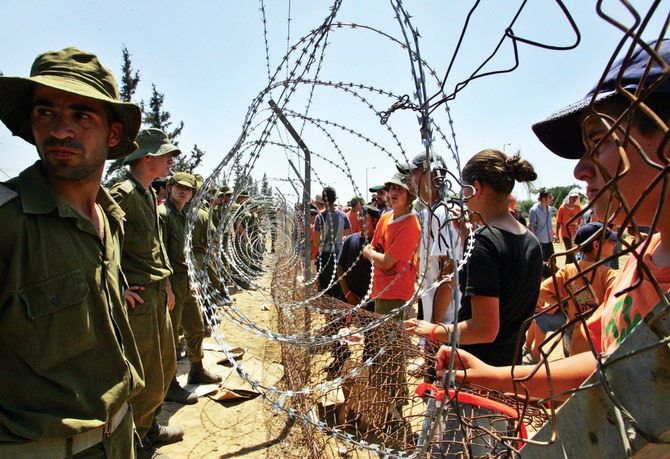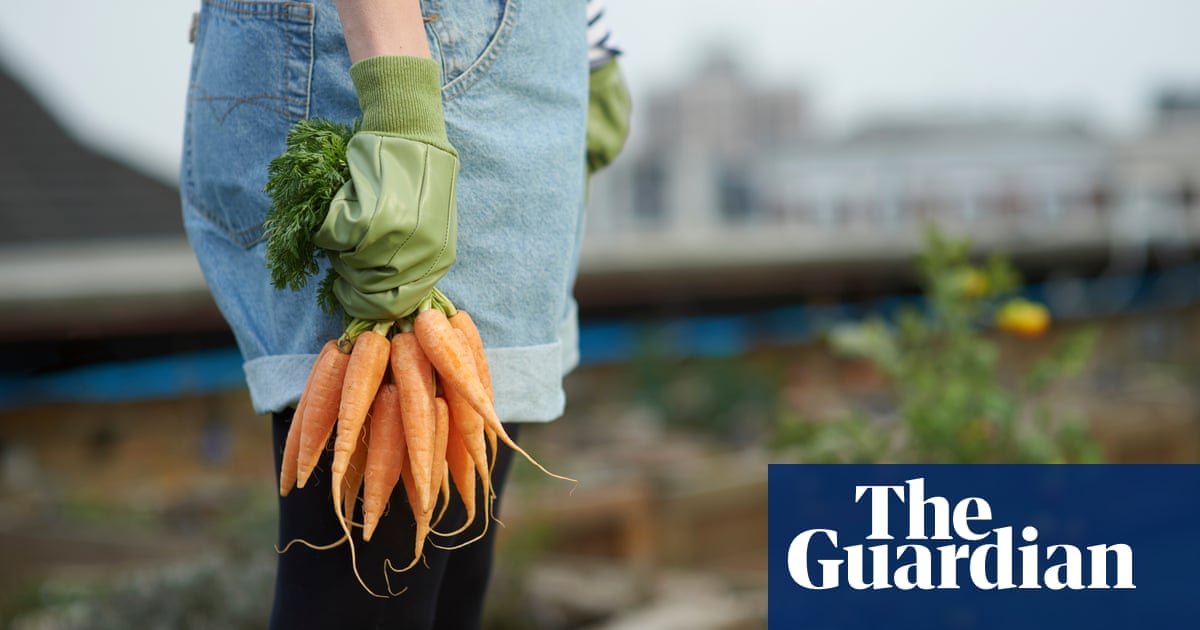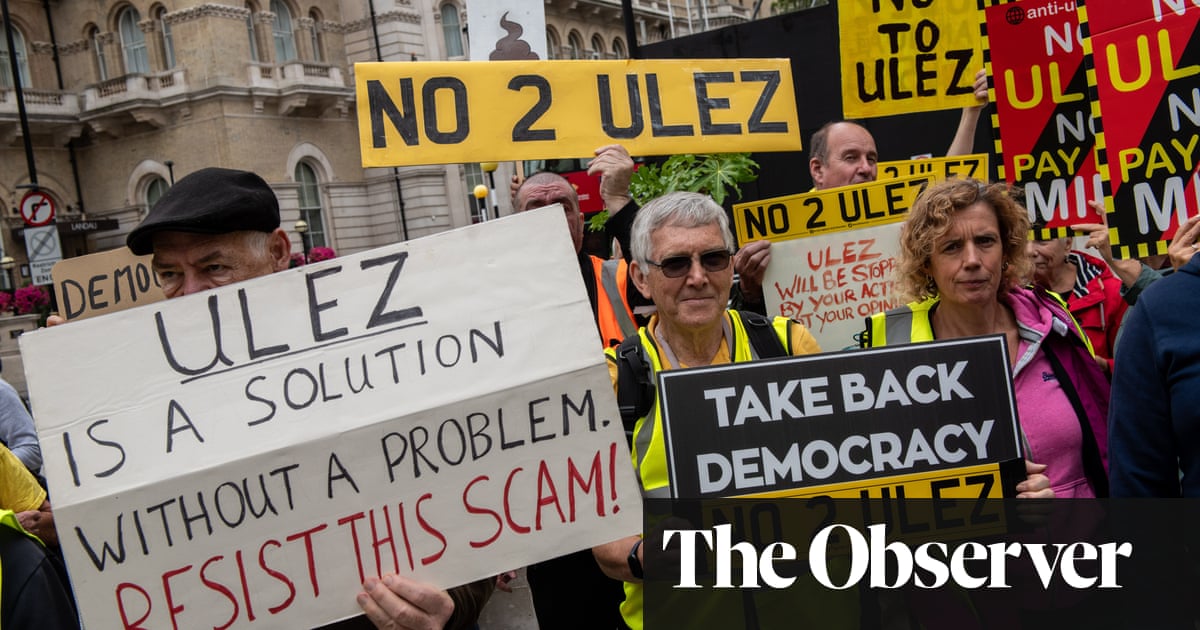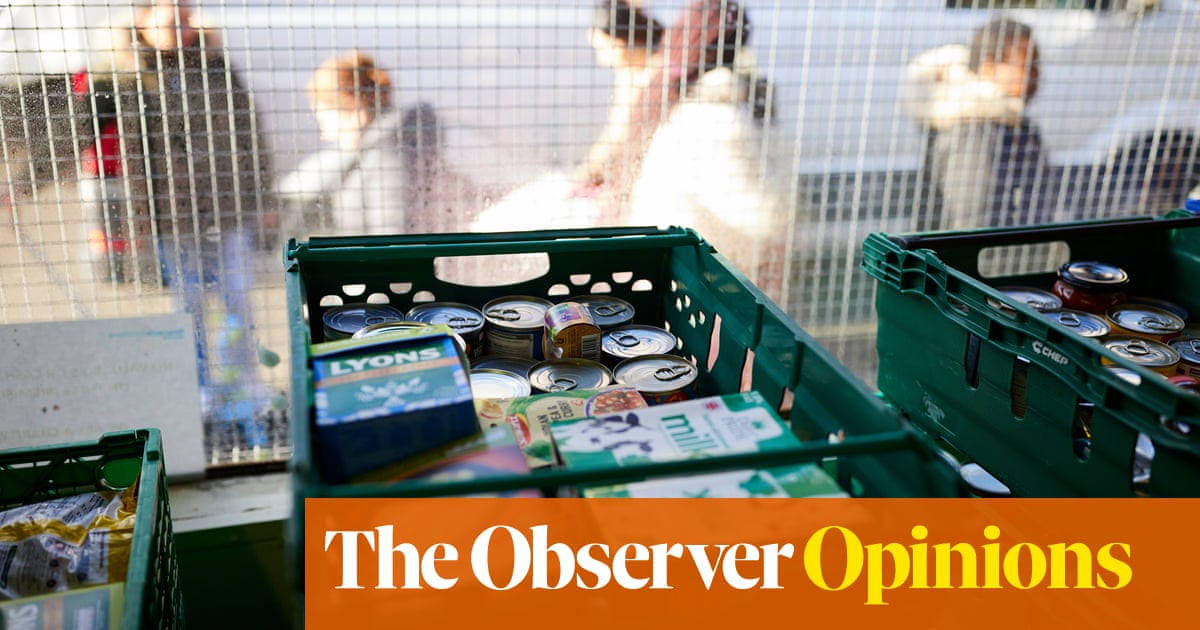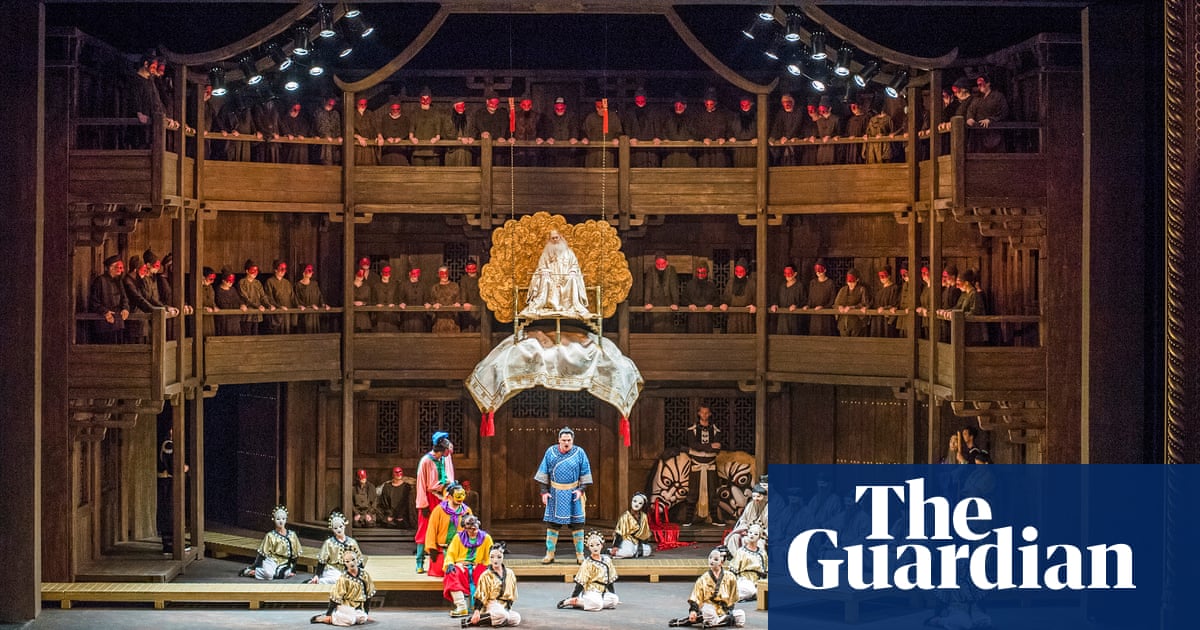
When you think about the Championship, when you are offered a job in the Championship, the first thought you must have is this: can I make my idea work in this league? This is the first step you must take. It is not about the Championship changing your idea. No. It is about your idea inside the Championship. Can we make it work? Is it possible to go there with our idea, our philosophy?
We consider it, and we say yes. And then? We go for it. I am going to be honest with you. I was a goalkeeper, but through my career I spent almost as much time sitting on the bench as I did playing.
This gave me two views, two perspectives. This allows you to see the game, to see space, to see everything. It helped me in the way I understand football now. My idea to be a coach came late, though. When you realise that the ball is faster than you, you say to yourself: “OK, I love the game. I want to go on in this game, but not as a player.”
That is when I started to really think about the game. To learn from it. I spent two or three years in that process, of really trying to get inside football and look at my future. I learned a lot from the coaches I played for. At Porto, under José Mourinho, we won everything with a fantastic group of football players. Mourinho built that. He made us succeed, won everything. This has a big impact.
Later on, back at Porto, you get a person like Jesualdo Ferreira. So many years in football, and a man who makes total sense in everything that he says. There are other things too. I played in Russia, in Spain, I was a part of the national team. You take everything you experience, and it is like you put it all in a box. Then, when you need anything from it, at any point, you go in and you grab it. It becomes an instinct.
Ferreira gave me my first coaching experience, at Málaga and then Panathinaikos. He had a very good team of people working with him – one of them, Rui Pedro Silva, is now my assistant at Wolves – but this is when everything changes. You join a specific philosophy. A view of how football works. But you add to this view, and give these people your own view of the game, the view of being inside the dressing room. It is important to connect this feeling to the way you perform on the pitch.
Dialogue. It is about sharing. One of the big things a group dynamic demands is to be able to listen and really understand, to learn from listening to others. You must always have space to share opinions, but at the same time be ready to make decisions that fit the way you think is better. This is when you recognise that you are ready to be a leader, to be the main figure of something. This is the feeling I had when I became a head coach for the first time.
We were lucky. When I took the job at Rio Ave, I had never coached anywhere in Portugal. It’s not easy to be handed a club in the top league at that moment, but of course I had knowledge of Portuguese football and a good background of people who could help me. It was a real challenge, but we arrived with a strong idea that we were going to make this club grow. Really grow. No targets, but let’s see how far we can get.
The first year, we finished sixth in the league. You say: “OK, for the second year, we’re gonna go for something big”. You make a bet with yourself. You make a bet, and you give everything to win it.
The moment that I knew I was going to join Valencia was incredible. And I felt something different. At the Mestalla, where it wasn’t only 50,000 fans; it was 50,000 noisy fans. In the Champions League, where every game is against a very, very good team. We’re talking league champions, massive teams, historic clubs. Everyone you fight against is someone as big as you, or even bigger.
Then, Porto. Being a player for so many years at one club gives you something almost nobody has. You know the club. You feel the club. You know what it is to work and fight for this club. That is what made me feel OK, to know that we were ready. I want to win with this club, so I just have to be myself.
We started, and the club had clear targets to achieve. We had to be in the Champions League that year, and we had a play-off against Roma. That was the major objective of the club, so day one of preparation was thinking only of that. After that, we could fight for every other game, for everything that we wanted to win, and look to our final objectives.
A football club is not only about who is on the pitch. It needs a lot more to able to win, and win, and win over so many years. Everybody is necessary in these big moments, and at Porto the feeling from the fans was good. The Estadio do Dragao was always full, the people were always supporting the team, and that was important for everybody.
I learned a massive amount from my time there. First of all, that a draw was not something that you considered as good. As a coach, that makes you grow. You have to win every game, and you work 24 hours a day towards that. Nothing else happens in your life. You cannot relax. You cannot. It is all about winning, and that pushes you, and makes you stronger. Really stronger.
That doesn’t mean you react well to bad results. That is exactly the same feeling. It’s awful. And you hate it. That night, you don’t sleep. You just don’t sleep. But you have to be ready to go again the next morning, to go from that one step to the next.
It is hard, but you perform better when you get the tools to help you disconnect. I am in that process. I’m able to disconnect sometimes, and just think about life. But last year, and the year before, was not like that. This comes with time. Like your idea, this comes with time. The Guardian Sport




